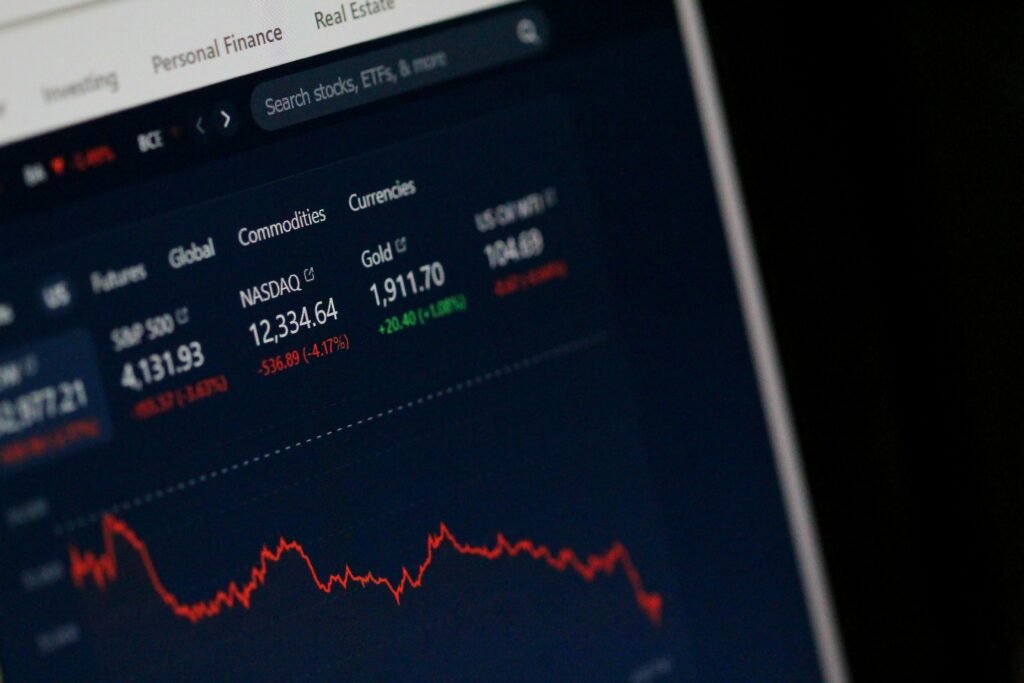European equities surged into the new year on Tuesday, with major indexes posting strong gains on the back of a robust performance from the energy sector. Despite sluggish Purchasing Managers’ Index (PMI) data casting a shadow over broader economic momentum, investor optimism remained intact as oil and gas giants lifted market sentiment.
The pan-European Stoxx 600 rose 1.8% on January 2, led by a 3.4% jump in energy stocks. London’s FTSE 100 advanced 1.6%, France’s CAC 40 climbed 1.9%, and Germany’s DAX posted a 2.1% gain — all snapping a cautious year-end trend. Analysts attributed much of the early 2025 rally to rising crude oil prices, driven by Middle East tensions and renewed expectations of tighter global supply.
Brent crude traded above $84 per barrel during early Tuesday trading, its highest level in nearly four weeks, while West Texas Intermediate (WTI) also ticked upward. As a result, shares of European energy majors like BP, Shell, TotalEnergies, and Eni all surged between 3% and 5%.
“Energy stocks are playing the hero’s role again,” said Nadine Schreiber, equity strategist at Landesbank Baden-Württemberg. “Investors see the sector as a buffer against geopolitical volatility and inflationary risk, especially with OPEC+ production policies back in focus this quarter.”
Despite the energy-led rally, economic data out Tuesday underscored underlying fragility in the Eurozone’s industrial base. The final S&P Global Eurozone Manufacturing PMI for December came in at 44.7, up marginally from November’s 44.2 but still firmly in contraction territory. Germany, the region’s industrial bellwether, continued to lag, registering a PMI of 43.3 — its 14th straight month below the neutral 50-mark.
“It’s a split screen,” said Maria Leclerc, a senior market economist at ING. “Equity markets are looking forward to rate cuts and easing inflation, but real-time data is still sending warning signs. Manufacturing weakness could temper enthusiasm unless services and consumer spending hold up.”
Adding to the mixed picture, investors are eyeing a flurry of key economic releases later this week, including Eurozone inflation figures and U.S. labor market data, which could sway central bank expectations. The European Central Bank (ECB) is scheduled to meet later in January, with markets pricing in the potential for rate cuts by mid-year if inflation continues to cool.
Meanwhile, market participants are closely watching bond yields. The German 10-year Bund yield fell slightly to 2.01%, reflecting cautious optimism that rate-hiking cycles may have peaked in both Europe and the U.S.
In equity-specific moves, UK-based BP gained 4.2%, buoyed by its exposure to the North Sea and global LNG markets. France’s TotalEnergies added 3.9%, while Italy’s Eni rose 3.7%. Renewable energy companies also posted modest gains, as investors took a broader view of the sector’s long-term potential amid volatile fossil fuel pricing.
Beyond energy, financials and industrials saw moderate inflows. Deutsche Bank and BNP Paribas both added over 1.5%, while engineering firms such as Siemens and Schneider Electric advanced nearly 2% each.
Retail and tech stocks remained relatively muted, weighed down by uncertainty around consumer demand and margin pressures. However, some market watchers suggest January could offer selective buying opportunities, especially if inflation data remains benign.
“The early-year optimism may feel like a knee-jerk rebound, but there’s a narrative taking shape,” said Tomáš Valenta, senior portfolio manager at Erste Asset Management. “If energy stays strong, central banks pause, and inflation declines continue, we could see momentum sustain into Q1.”
Still, caution persists. The International Monetary Fund (IMF) recently warned that Europe faces a “soft patch” in early 2025, particularly in export-reliant economies grappling with global trade disruptions and a slower-than-expected Chinese recovery.
Political risk is also a factor. Investors are monitoring potential fallout from ongoing farmer protests in France, leadership uncertainty in Germany’s ruling coalition, and early rumblings ahead of the EU Parliament elections in June.
For now, however, energy strength has given markets a reason to cheer.
“After a flat December, this is exactly the kind of start bulls wanted,” said Schreiber. “We’ll see if the rally has legs beyond oil — the real test will come with earnings and inflation prints later this month.”
With volatility likely to remain elevated, analysts are urging investors to stay nimble and watch both fundamentals and geopolitical developments closely. The resilience of the energy sector may provide short-term tailwinds, but broader equity performance will hinge on upcoming macroeconomic signals.
#EuropeMarkets #energy #stocks
Disclaimer: This article is for informational purposes only and does not constitute financial advice.


















